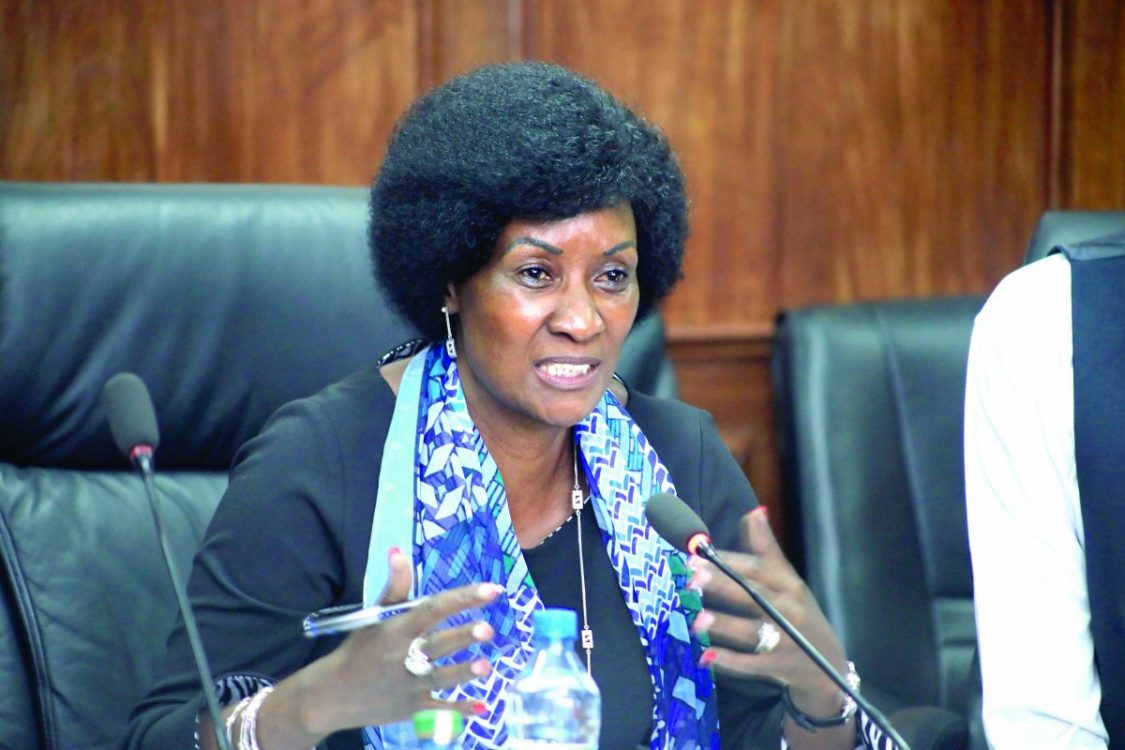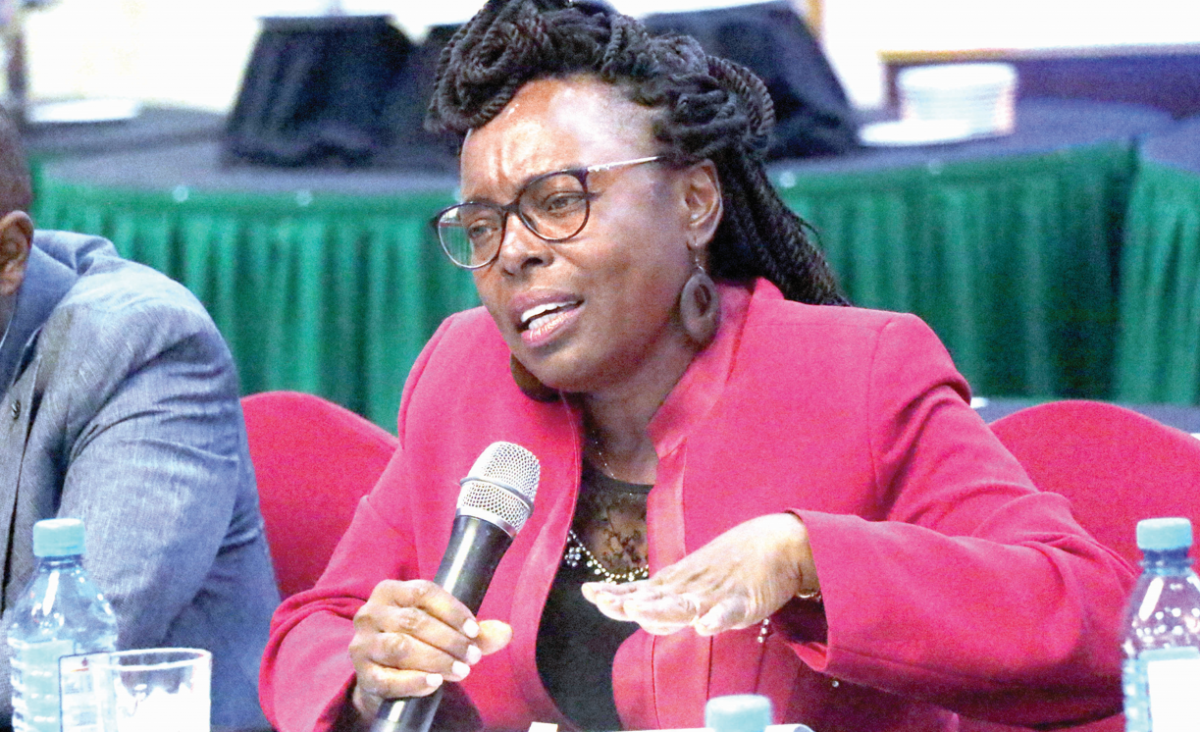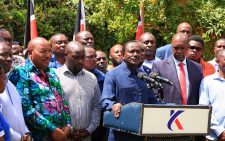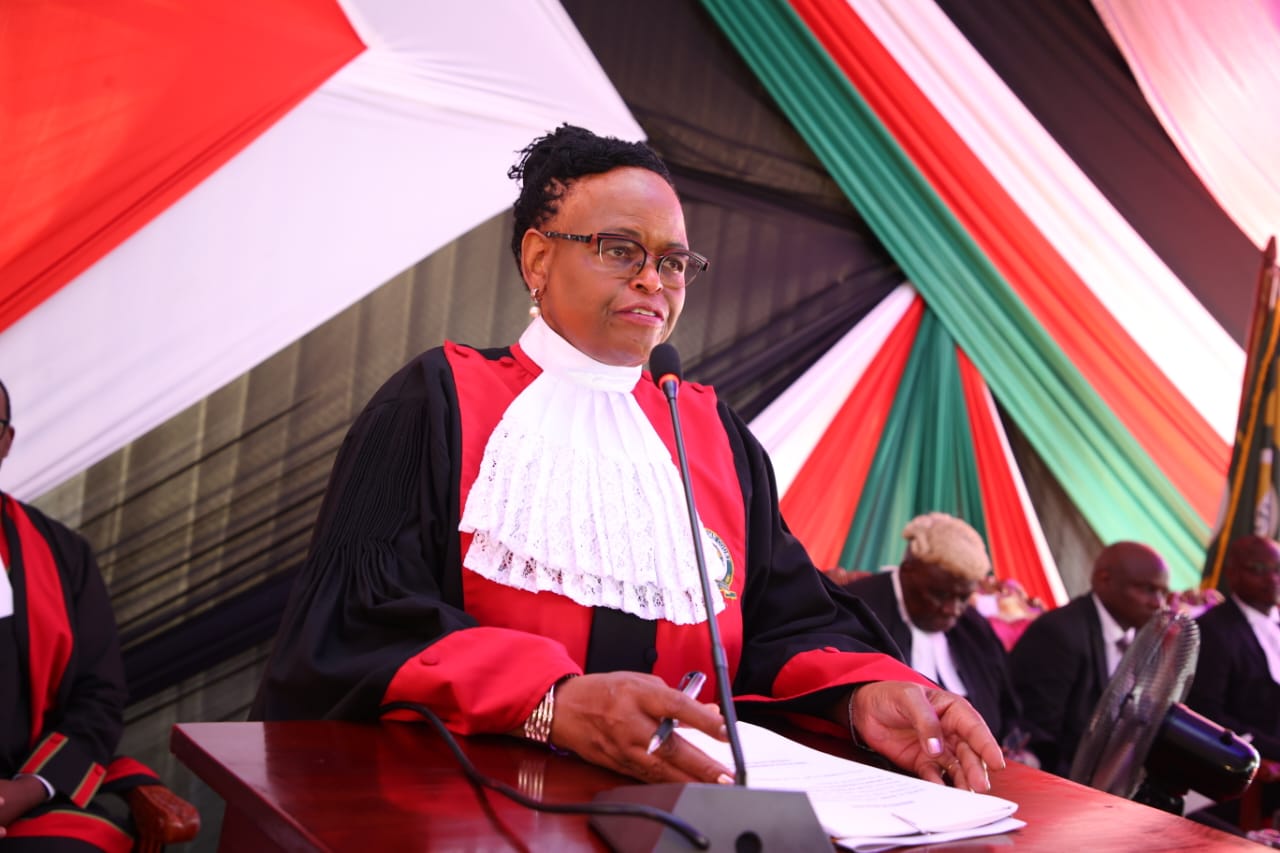Concerns raised over increased SGBV cases during political campaigns
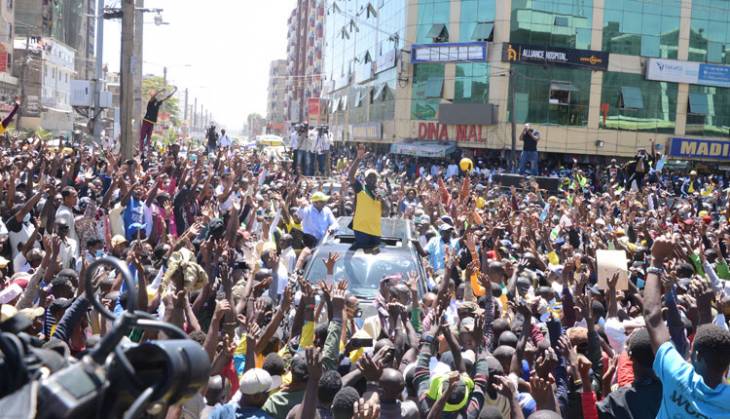
With a few months to Kenya’s general election, Civil Society Organisations (CSOs) are calling on authorities to be deliberate about taming cases of Sexual and Gender Based Violence (SGBV).
Such vices are said to drastically increase during the electioneering period, with women and girls being the most affected.
Kenyans and mostly the youth have also been challenged to play an active role in exposing the perpetrators of all forms of gender-based violence.
One such way, various stakeholders speaking during a Twitter Space hosted by the Sustainable Development Goals Kenya Forum (SDGs Kenya Forum) on Wednesday evening, said it is through citizen journalism.
Citizen journalism is based upon public citizens “playing an active role in the process of collecting, reporting, analyzing, and disseminating news and information.”
Tana River Director of Communications Steve Juma noted that, “citizen journalists have become regular contributors to mainstream news by providing information. If well sensitized, Kenyans can unite against this vice and expose those involved through citizen journalism.”
Sustainable Development Goals (SDGs) Kenya Forum Country Coordinator Florence Syevuo specifically urged County Governments to establish safe houses saying they will not only provide a lifeline for women survivors, but they can also play a key role in raising awareness of gender-based violence in the community.
“We already have safe houses in Makueni and Nairobi Counties,” she said.
Syevuo further called for a multi-stakeholder approach in fighting gender-based violence, saying it will be more effective.
Others who spoke during the Twitter space hosted by Crime Journalists Association of Kenya (CJAK) Secretary General Joseph Muraya include Zipporah Nyangara Executive
Director Haven of Dreams, Tony Olela, from the Youth Advisory United Nations Population Fund (UNFPA) and Nora Nyadzua who is a UNFPA youth panelist.
Others include Emmanuel Lekisho a team leader Narok Youth Parliament and Domtila Chesang, the Chief Executive Officer I_Rep Foundation.
Journalist Shukri Wachu challenged various stakeholders to also consider the plight of “the messenger”, while coming up with ways to tame the vices.
“You would assume journalists are protected by a metal armor but that is not the case unfortunately. We have seen instances where the messenger is being targeted and it actually makes it very difficult for us to execute our core mandate which is reporting such cases in a bid to not only highlight these despicable actions meted on innocent Kenyans but also bringing a sense of accountability to those accused of perpetrating such vices,” he said.
Moses Gowi, a Communications Assistant at the Kenya Human Rights Commission (KHRC) highlighted the outcome of a recently released on sexual violence as a political tool during elections in Kenya.
He pointed out that existing political tensions raise serious concerns over a possible escalation of violence in the run up and during the polls.
Gowi said the report shows how entrenched impunity has created a favourable climate for the perpetration of election-related SGBV over the past years.
“It emphasizes that police forces have so far failed in their responsibility to conduct effective and credible investigations into the sexual violence committed during the 2017 elections and previous elections, leaving the vast majority of survivors with no access to justice,” he said, while citing the report.
Any action intended to prevent, and combat election-related political violence, he said, must fully address the, “gender dimension of the violence in order to be effective.”
Olela however pointed out that with the entry of Policare, an integrated response to sexual and gender-based violence in Kenya, more people will easily access justice.
He noted that Policare, already launched in Nairobi, is designed as a multi- agency victim cantered ‘one stop centre’ service provider.
The service providers will include and not limited to Police, Forensic investigators, Health providers, Psychologists, DPP representative, a Magistrate on call, Medical-legal, Gender experts, Correctional personnel among others under all under one roof.
Policare overall objective is to strengthen the capacity of the National Police Service (NPS) to prevent and respond to SGBV cases through establishment of a one stop victim support centre incorporating the synergy of multi agencies.
The present SGBV protection environment in Kenya, he said, is fraught with challenges and filled with opportunities, which should be carefully considered when devising responses.
Most victims and survivors of Sexual and Gender-Based Violence often blame the police for conducting shoddy investigations hampering their quest for justice.
More than often, this has led to the perpetrators walking scot-free or being acquitted in court, for lack of evidence.
The model unit by the National Police Service (NPS) is designed to host all professionals involved in delivering justice to offenders while preserving the dignity of the victims.
Policare centres are set to be staffed 24 hours a day and supported by toll-free service to reach to more survivors.
A policare centre has an interview room for women and children, a crime records room, a triage, forensic evidence storage room, trauma centres, a room for medical examination and P3 issuance and male and female holding cells.
The National Council on Administration of Justice has reported: “a significant spike in sexual offences in many parts of the country.”
This has been so since March 2020, where the first case of COVID-19 disease was reported.
According to the Council, “in some cases, the perpetrators are close relatives, guardians and/or persons living with the victims.” The report pledged that “the courts will consider giving directions on early hearing dates in such cases.”
According to available statistics, violence is a daily reality for women and girls across Kenya.
Data provided by the government indicates that 45 percent of women and girls aged 15 to 49 have experienced physical violence and 14 percent have experienced sexual violence.
Many cases are not reported to authorities and few women get justice or receive medical care, a trend the government through policare is hoping to reverse.
Sexual and gender-based violence (SGBV) refers to any act that is perpetrated against a person’s will and is based on gender norms and unequal power relationships.
It includes any form of a non-consensual sexual act, attempt to forcefully obtain a sexual act, unwanted sexual comments or advances, or acts to traffic women’s sexuality, using coercion, threats of harm or physical force, by any person regardless of relationship to the survivor, in any setting, including but not limited to home and work.
Six core SGBV types include, rape, sexual assault, physical assault, forced marriage, denial of resources/opportunities or services and psychological and emotional abuse.

